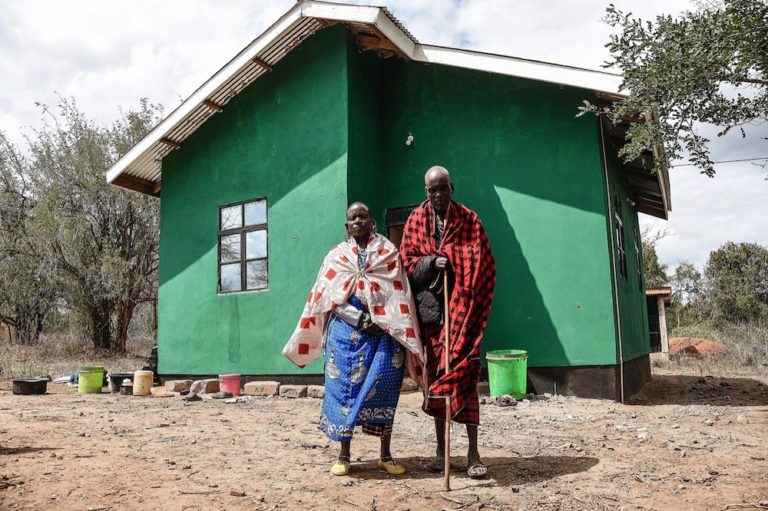(MISA/IFEX) – Authorities in Tanzania have banned a book that details the 1998 massacre of four Muslim youths by police, reports the PANA news agency. The order banning the book, titled “Mwembechai Killings and the Political Future of Tanzania”, was contained in the official government gazette released on 4 August 2000. Signed by President Benjamin […]
(MISA/IFEX) – Authorities in Tanzania have banned a book that details the 1998
massacre of four Muslim youths by police, reports the PANA news agency.
The order banning the book, titled “Mwembechai Killings and the Political Future of Tanzania”, was contained in the official government gazette released on 4 August 2000. Signed by President Benjamin Mkapa, the order prohibits, with immediate effect, the sale or distribution of the book, which is yet to reach the Tanzanian book market. However, the book is being highly publicised on the “Islam in Tanzania” website, whose address is
http://www.islamtz.org/index/html.
The advert reads: “A new book that Tanzanian government authorities wish you never get a chance to read.” Its author, Hamza Mustafa Njozi, has recently been forbidden from bringing copies of the book into the country. The book was published in Canada. Njozi argues that the religious riots that rocked Mwembechai, a sprawling suburb in Dar Es Salaam, in April 1998, was just one trade off between Muslims and the government.
“The book provides unsettling details about religious discrimination in a country which is thought by many as setting a shining example to the rest of the world,” a synopsis of the book reads.
The riots in 1998 were instigated by a violent confrontation between Muslims and armed police that resulted in several deaths and arrests. Muslim women who were held in remand after the riots complained of sexual molestation by the police, while their male
colleagues complained of torture and brutality at the hands of the state security machinery.
Although sections of the Muslim community demanded a public enquiry and the prosecution of those responsible for the deaths and injuries, the government rejected their demands.
Tanzanian Muslims, comprising about 35 percent of a population of 31 million people, have always been critical of the government for allegedly having denied them a fair share of the national cake.


